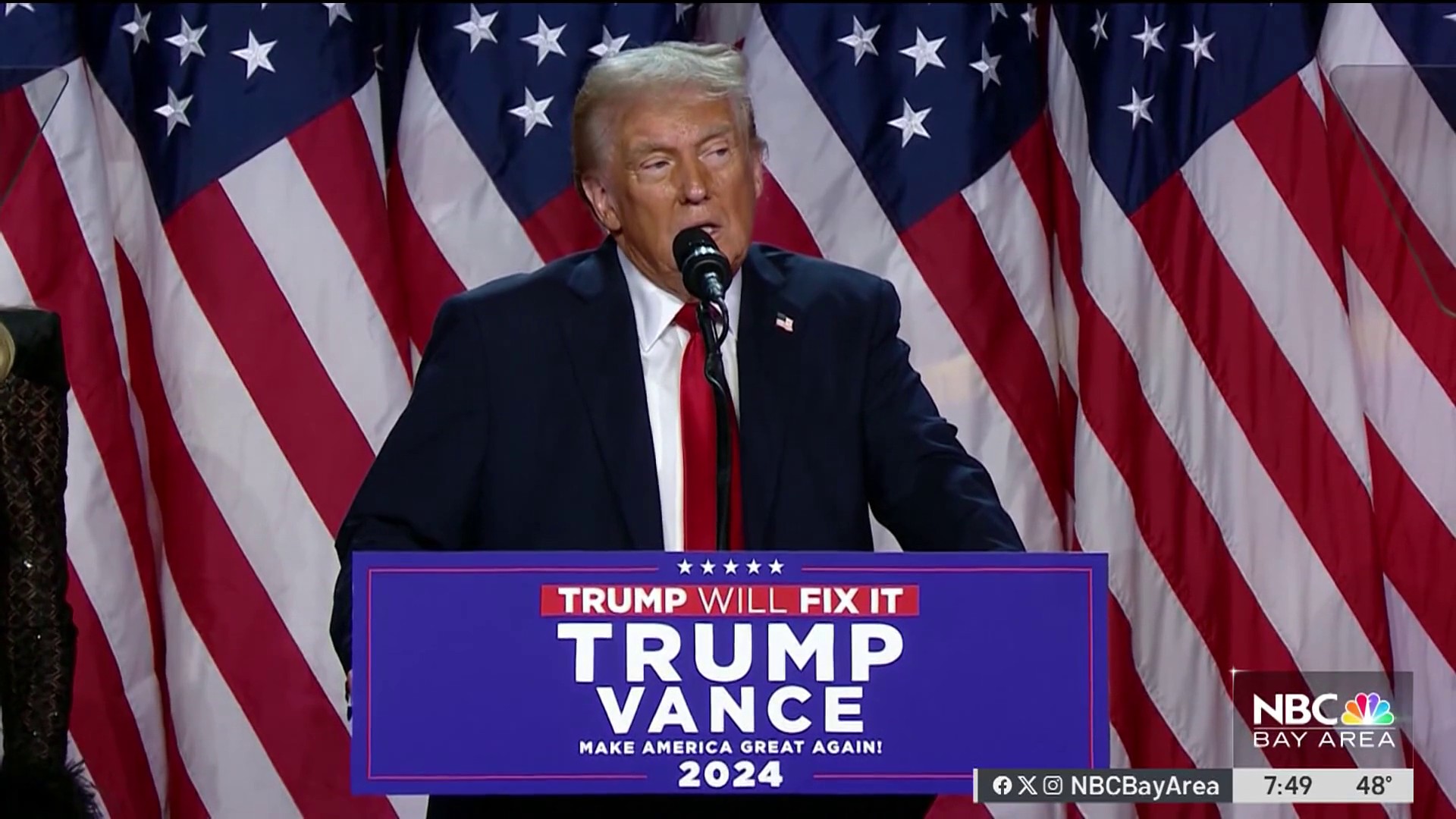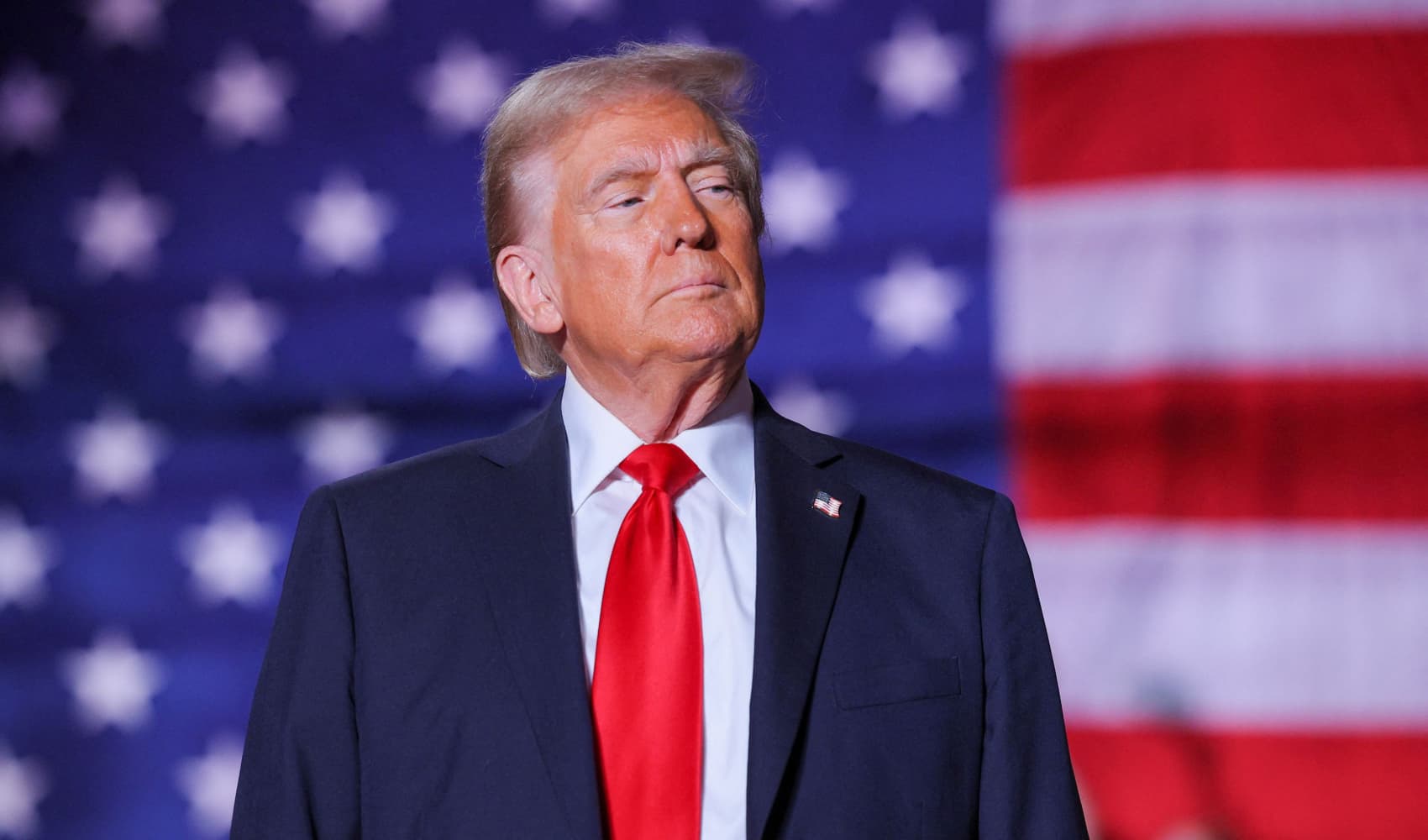Texas Gov. Greg Abbott issued an executive order Monday to prohibit any entity, including private business, from enforcing a COVID-19 vaccine mandate on workers and called on state lawmakers to pass a similar ban into law.
The move comes as the Biden administration is set to issue rules requiring employers with more than 100 workers to be vaccinated or test weekly for the coronavirus. Several major companies, including Fort Worth-based American Airlines and Dallas-based Southwest Airlines, have said they would abide by the federal mandate.
American Airlines said in a statement, "we are reviewing the executive order issued by Gov. Abbott, but we believe the federal vaccine mandate supersedes any conflicting state laws, and this does not change anything for American."
“We have what is called federal pre-emption," Dallas attorney Eric Cedillo said. "The federal government pre-empts what state law can make happen."
"No entity in Texas can compel receipt of a COVID-19 vaccine by any individual, including an employee or a consumer, who objects to such vaccination for any reason of personal conscience, based on a religious belief, or for medical reasons, including prior recovery from COVID-19," Abbott wrote in his order.
Abbott, who was previously vaccinated and also later tested positive for COVID-19, noted in his order that "vaccines are strongly encouraged for those eligible to receive one, but must always be voluntary for Texans."
If the legislature is to take action, it must do so quickly because the third special session ends next week.
Lt. Governor Dan Patrick (R) tweeted he has been public about getting vaccinated, but said it should be a personal choice.
Get a weekly recap of the latest San Francisco Bay Area housing news. Sign up for NBC Bay Area’s Housing Deconstructed newsletter.
Montana has passed a law preventing employers from mandating workers get vaccines, and a number of states have explicitly said schools cannot require vaccinations.
Abbott previously barred vaccine mandates by state and local government agencies, but until now had let private companies make their own rules for their workers. It was not immediately clear if Abbott's latest executive order would face a quick court challenge.
Politics
Abbott's new order also carries political implications. The two-term Republican is facing pressure from two candidates in next year's GOP primary, former state Sen. Don Huffines and former Florida Congressman and Texas state party chairman Allen West, have attacked Abbott's COVID-19 policies and have strongly opposed vaccine mandates.
"He knows which the way the wind is blowing. He knows conservative Republican voters are tired of the vaccine mandates and tired of him being a failed leader," Huffines tweeted.
West announced this week he tested positive for COVID-19 and has been hospitalized, but also tweeted he remains opposed to vaccine mandates.
“It is not good law. It won't stand, but it helps him to re-establish his credentials with the republican primary electorate,” SMU political science professor Cal Jillson said.
White House Press Secretary Jenn Psaki said the decision was political and the federal government would continue to work to get people vaccinated.
"Bottom line is we are going to continue to implement the law, which the president of the United States has the ability, the authority, the legal authority to do," she said.
Abbott's office issued the following statement Tuesday in response to Psaki's comments.
“Governor Abbott has talked to countless Texans who are worried about losing their jobs because of this federal overreach. The Biden Administration has left Texans in the impossible position of having to choose between providing for their families or being fired for not getting the COVID vaccine because of their religious belief, medical condition, or personal conscience. And they have left employers with the unfair choice of either violating federal regulations or losing their valued employees. The Governor’s executive order will help protect Texans from having to make that choice.”
Texas has seen a recent decrease in new COVID-19 cases and hospitalizations. But a rising death toll from the recent surge caused by the delta variant has the state rapidly approaching 67,000 total fatalities since the pandemic began in 2020.



